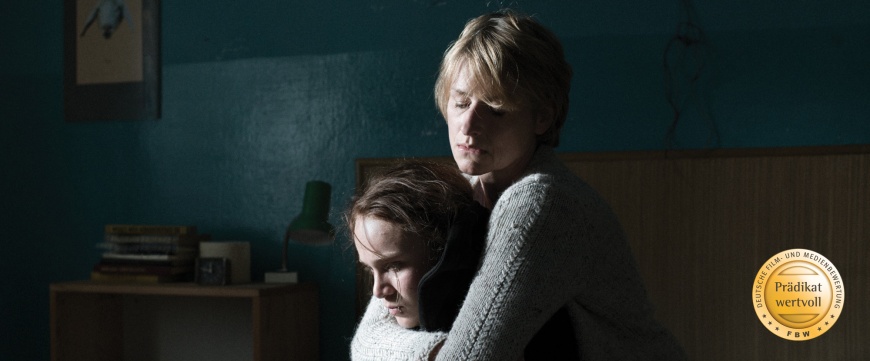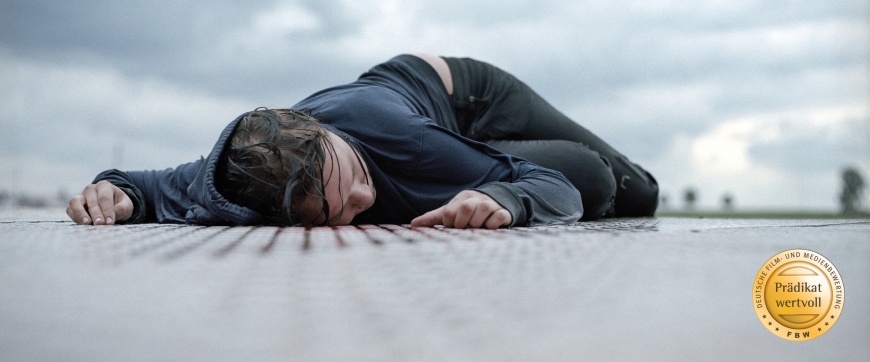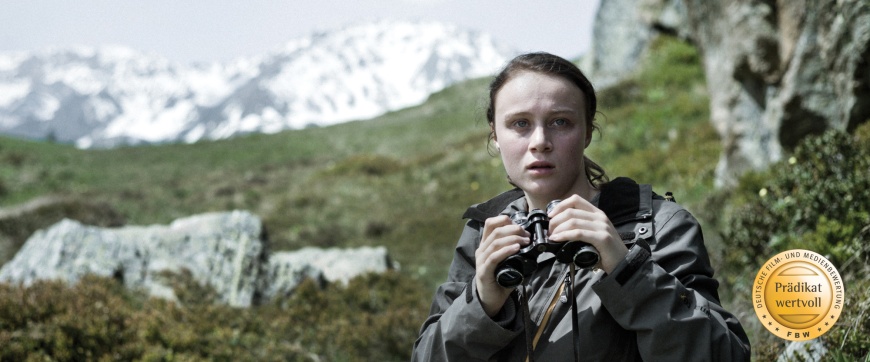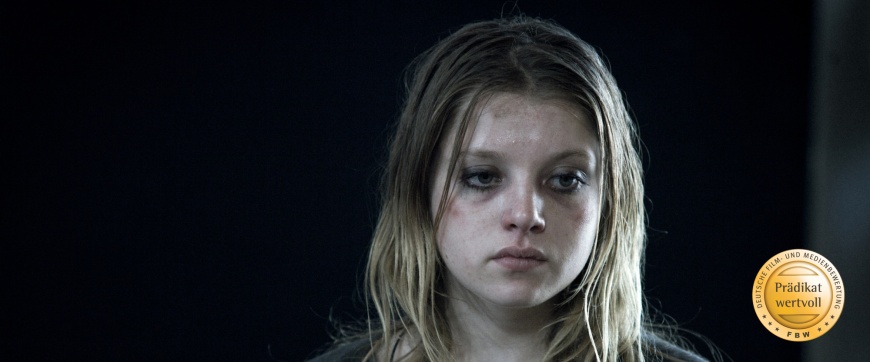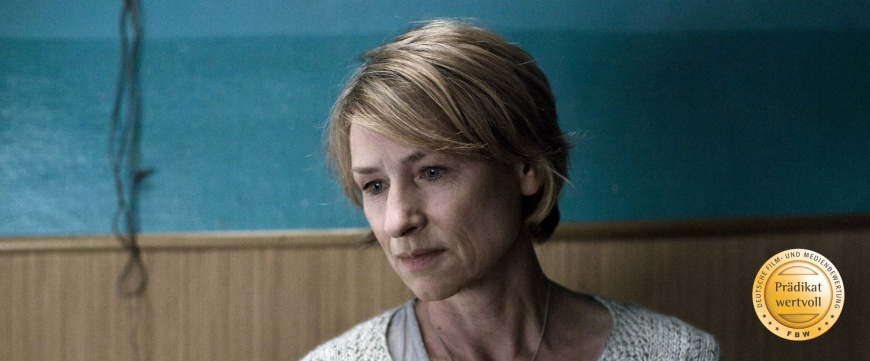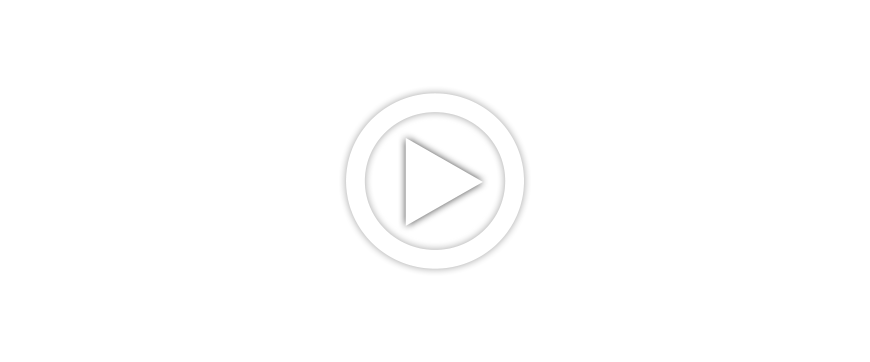Director's Commentary
»When Fritjof Hohagen offered me the script for 'Puppet' and I finally held it in my hands, I was fascinated. It was thick and heavy and described two worlds that had always been able to captivate me: the wilderness of the big city, where there is no horizon but always some way or shelter; and the vastness of the mountains, which can have something inexorable and unapproachable in its clarity. And between these vastnesses, the girl Anna. Showing her small and fragile would have been one option.
At a certain point, we decided to give her a strength of hope from the outset. Marie Amsler has developed her story from an authentic life context. She has worked for many years as a teacher on a farm in France where German-speaking girls find refuge. She knows the emptiness in which the girls sink when they are torn from their familiar surroundings, the aggression that arises with it, or the desperate search for affection among themselves. There is always the possibility that the girls themselves become a danger to the others in this microcosm.
The therapist Geena is the centre of the story. She brings the homeless Anna back into life. Anna gets a life example from her of where one ends up when one crosses boundaries. Accepting boundaries as existing. Boundaries are recognised as an inner growth potential for one's own life. And this gives value to life. This feeling, this sense of life, these moments when you feel it, that's what I wanted for the film. The pulse that beats in Anna, from the very beginning, that doesn't let her rest. Neither in the field, nor in her dreams. It keeps her alive, yet torments her with memories that are too sharp. And who only finds peace when there is also a direction. When she takes the small step of taking her life into her own hands.«
Sebastian Kutzli


